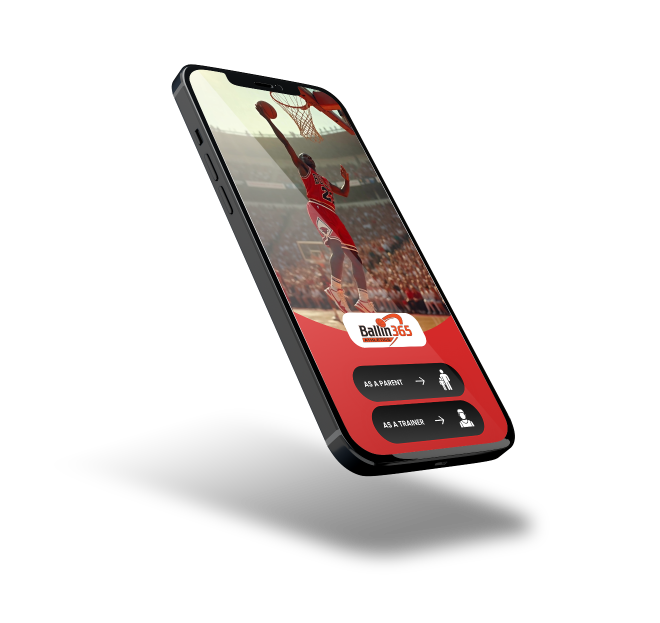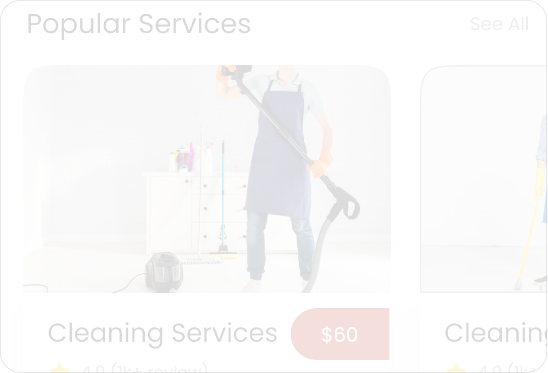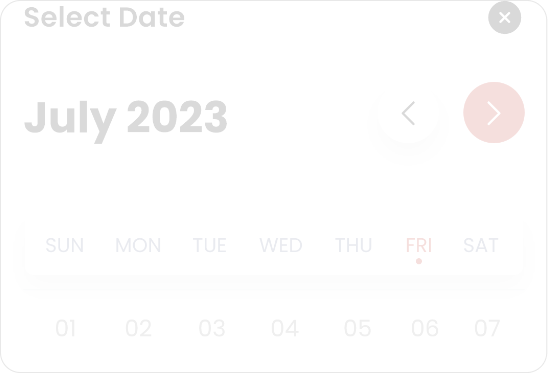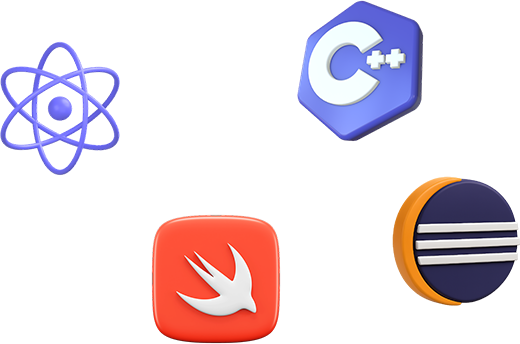

The "One Tap" platform aims to create a user-friendly mobile application that connects users with transportation and on-demand service providers. It simplifies booking processes, allows users to register, manage profiles, schedule bookings, and receive notifications. It empowers drivers and service providers to manage availability, communicate, track jobs, and earn earnings. This aims to bridge the gap between demand and supply.
Book rides, home services, and manage bill payments seamlessly within a single app.
Stay updated with live service tracking and direct chat with providers or drivers.
Enjoy fast, in-app payments with linked methods for both transportation and service jobs
One Tap is an all-in-one app for booking rides, home services, and paying bills with real-time tracking and secure payments.

Users can easily book services, including transportation and home-related jobs, through a user-friendly process that confirms booking details instantly and provides real-time updates.

The feature enables users to book rides, track driver arrival, view estimated arrival times, and communicate with the driver for a user-friendly ride-hailing experience.

Users can easily request services like handyman tasks, plumbing, or cleaning, view provider profiles, availability, and rates, and track their progress in real-time.

The app offers secure in-app payments for all booked services, allowing users to link their preferred payment methods and pay instantly upon completion.
The steps taken from the preliminary development considerations to the final release of the app.

A brief overview of the target audience, their needs, and how the product is tailored to solve their specific problems or improve their daily experience.
An outline of the strategic and technical decisions made during development—platform selection, architecture, tools, and methodologies that shaped the foundation of the app.
A deep dive into the visual and user experience design—color schemes, branding, UI components, and how the design was crafted to be intuitive, engaging, and aligned with user behavior.
Details on how complexity was reduced in both user flows and functionality—ensuring ease of use, smooth navigation, and minimal learning curve across all user types.
Insights into the testing phase—how the app was tested with users, what feedback was collected, how bugs were resolved, and how usability improvements were made based on real user input.
An explanation of the systems or features used to monitor app performance, user behavior, and data insights post-launch—helping stakeholders track success and usage trends.
Describes the delivery process—how documentation, admin tools, or training were provided to clients or stakeholders, ensuring a smooth transition and operational readiness.
A section dedicated to the app’s future roadmap—plans for updates, new features, continuous feedback loops, and the long-term vision for evolving the platform.
Showcases the app’s unique selling points and differentiators—what makes it memorable, competitive, and valuable in its industry or market.
1
Who’s It For2
Choosing How to Build3
Designing the Look4
Making it Simple5
Testing & Feedback6
Keeping Track7
Handing Over8
Always Improving9
Helping It Stand OutPartner with CMOLDs and turn your app idea into reality with expert app developers and designers on deck!